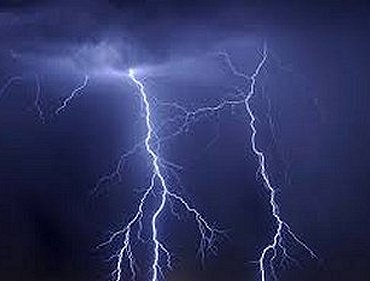
POWER SHIFT
Is power declining in the modern era? If so, what does this mean for the world and those who wish to change it?
Governing isn’t what it used to be, according to Moses Naim, a scholar at the Carnegie Endowment of International Peace. Not only is power shifting – from states to non-state actors, from institutions to networks – but power itself is actually declining, becoming transient, evanescent. Those in power are likely to have shorter incumbencies and be more constrained in what they can do and these challenges, he claims, apply to political, military, business and religious power.
Naim cites the risks to established businesses, which are especially acute, as the means of modern production are more readily accessible. Kodak, which had a virtual monopoly in photography thirty years ago went bankrupt at the same time as Instagram, a start-up app with a handful of employees was sold for a billion dollars.
These changes are supposedly driven by three forces. The ‘more’ revolution depicts the proliferation in goods like medicines, weapons and communications which give people a greater stake. And these people have increased by more than two billion in the last two decades. The ‘mobility’ revolution describes the increasing number of people who now live outside their country of origin (an increase of 37% in the same period), who are less malleable or easy to govern. Finally, the ‘mentality’ revolution concerns a global population which is better educated, informed and assertive of individual rights.
The degree to which Naim is right is open to question. People may be less willing to endure authoritarian government, as he contends, but the evidence from China is that they do, from Russia that they are having to and from Egypt that a populace is returning to it. The failure of western governments in economic and military affairs in the new century has increased the allure of managed capitalism in exchange for curtailed freedoms.
Few could deny the impact of asymmetric warfare. The ability of motley, sparsely armed pirates to hijack monstrously large freight ships in the Indian Ocean is a perfect example of this development, which has also been evidenced by several effective insurgencies that States have been unable to resist. That it is harder for the powerful to impose their authority is assumed to be a good thing but should be a matter of debate. When the powerful exercise moral leadership, they protect the most vulnerable and we should encourage and pray for this. The emergence of Isis in northern Iraq and Syria shows how miserably communities can suffer when the ‘weak’ overpower the ‘strong’.
Power vacuums occasioned by weak or absent State structures do not often produce morally responsible actors. Smaller, insurgent groups in any community may also be less bound by broader social norms and believe their emergent power is authority itself for a change in those norms.
The biblical narrative is replete with the use of asymmetric power. The stuttering Moses defies Egyptian hegemony; the fearful Gideon overcomes raiding neighbours; the youthful David defeats battle-hardened Goliath. This list could go on and on. It certainly encompasses an early Church which, deprived of status, wealth and buildings, asserted a power which overcame entrenched authorities and ways of thinking and believing; a force which has renewed itself in every generation since.
Faith gives a different perspective on this asymmetry. If the God who stretched out an unfathomably large universe inhabits his people, is it surprising that the mighty can be cast down and the people scattered in the imagination of their hearts? This also calls for humility. The new ferment in which power is exercised today is one for which the Gospel is perfectly suited, though not necessarily every bearer of it. The Church was born in weakness, which is its secret strength. We should endlessly learn how to inhabit this truth to bear an authentic witness in a world of transient power grabs.
POPULAR ARTICLES

Obama's Covert Wars
The use of drones is going to change warfare out of all recognition in the next decades.

Through A Glass Starkly
Images of traumatic incidents caught on mobile phone can be put to remarkable effect.

What Are British Values?
Is there a British identity and if so, what has shaped the values and institutions that form it?


